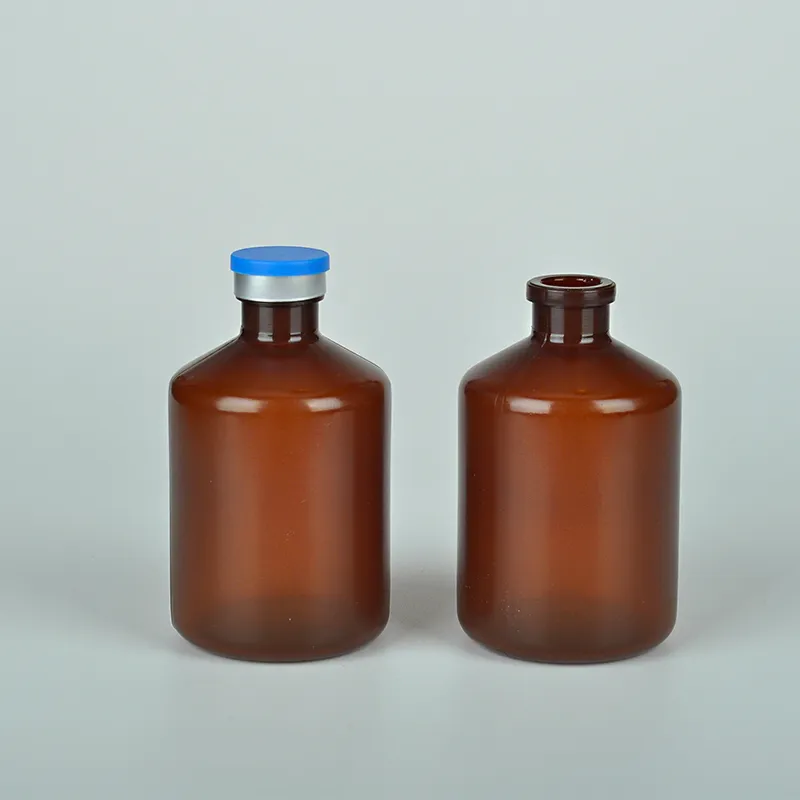Functionality and Applications of Graduated Centrifuge Tubes in Laboratory Settings
The Function of Graduated Centrifuge Tubes
Graduated centrifuge tubes are essential tools in laboratories across various scientific fields, including biochemistry, molecular biology, and clinical research. These tubes are specifically designed to accommodate the requirements of centrifugation—a process that involves separating components of a mixture based on density differences when subjected to centrifugal force. The graduated scale along the side of the tube allows for precise measurement and ease of use, making these tubes indispensable in many experimental protocols.
Design and Features
Graduated centrifuge tubes are typically made from durable, chemically-resistant materials such as polypropylene or polystyrene. They come in various sizes, with volumes ranging from a few milliliters to several tens of milliliters. The graduation marks are etched or printed onto the plastic, allowing for easy reading of volumes without the need for additional instruments. This feature is particularly useful when dealing with small sample sizes, as accuracy in measurement is crucial.
Furthermore, many graduated centrifuge tubes come with secure, snap-on caps that help prevent leakage during centrifugation. These caps are designed to withstand the high forces experienced inside centrifuges, ensuring that the samples remain contained. Some tubes are also designed to handle temperature variations, making them suitable for both refrigerated and ambient conditions.
Applications in Laboratory Settings
Graduated centrifuge tubes serve a myriad of functions, primarily in the preparation and separation of biological samples. One common application is in the isolation of cellular components through differential centrifugation. By spinning a cell suspension in these tubes, scientists can separate the cellular components based on their size and density, such as nuclei, organelles, and cytoplasm.
graduated centrifuge tube function

In clinical settings, graduated centrifuge tubes are often used to separate blood components, such as plasma and serum, for diagnostic testing
. Blood samples collected in these tubes can be spun in a centrifuge to effectively separate the cellular material from the liquid portion, allowing for analysis of various biomarkers and other substances present in the serum.Additionally, graduated tubes are employed in molecular biology for processes such as PCR (Polymerase Chain Reaction) and DNA extraction. Accurate measurements of reagents are critical to the success of these experiments, and the graduated markings on the tubes facilitate this precision.
Compatibility with Centrifuge Equipment
The compatibility of graduated centrifuge tubes with different types of centrifuge equipment is another important factor. Most standard laboratory centrifuges are designed to accommodate centrifuge tubes of specific sizes and shapes, ensuring that samples can be spun efficiently. Researchers must select the appropriate tube type that matches their centrifuge's rotor to achieve optimal results and minimize the risk of accidents.
Moreover, some graduated centrifuge tubes are autoclavable, allowing them to be sterilized for use with sensitive biological samples. This sterilization process is vital to avoid cross-contamination and ensure the integrity of experimental results.
Conclusion
In summary, graduated centrifuge tubes are critical components in laboratory research and diagnostics. Their design, featuring graduated markings, enhanced durability, and compatibility with centrifuge equipment, makes them ideal for a wide range of applications, from cell biology to clinical diagnostics. As scientific research continues to advance, the utility of graduated centrifuge tubes will remain pivotal in ensuring accurate and reliable results across various laboratories worldwide. Understanding their function and proper usage can greatly enhance the efficiency of experiments and contribute to the overall success of research endeavors. Thus, these tubes not only serve a practical purpose but also play a significant role in advancing scientific knowledge.
-
Aesthetic Makeup Spray Bottles | Fine Mist Empty RefillableNewsAug.19,2025
-
White Plastic Veterinary Vaccine Vials | Lab Liquid BottlesNewsAug.18,2025
-
Plastic Medicine Liquid Bottle: Secure Flip Top Drug VialsNewsAug.17,2025
-
Durable 250ml Blue Plastic Vaccine Vial for Lab & Vet UseNewsAug.16,2025
-
Sterile Virus Sample Tubes: Secure & Reliable Specimen CollectionNewsAug.15,2025
-
White 250ml Plastic Vaccine Vial for Lab & Vet MedicineNewsAug.14,2025
























